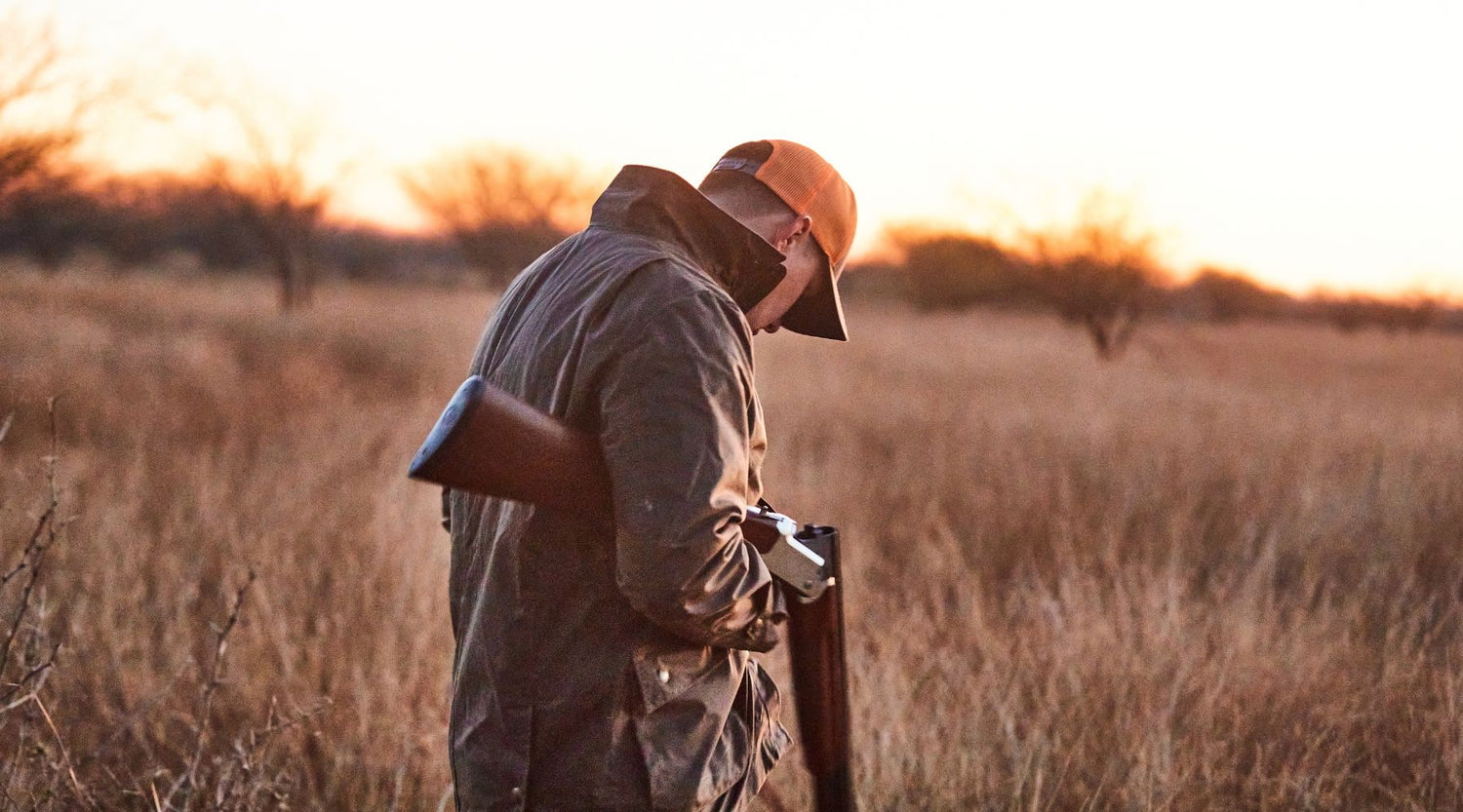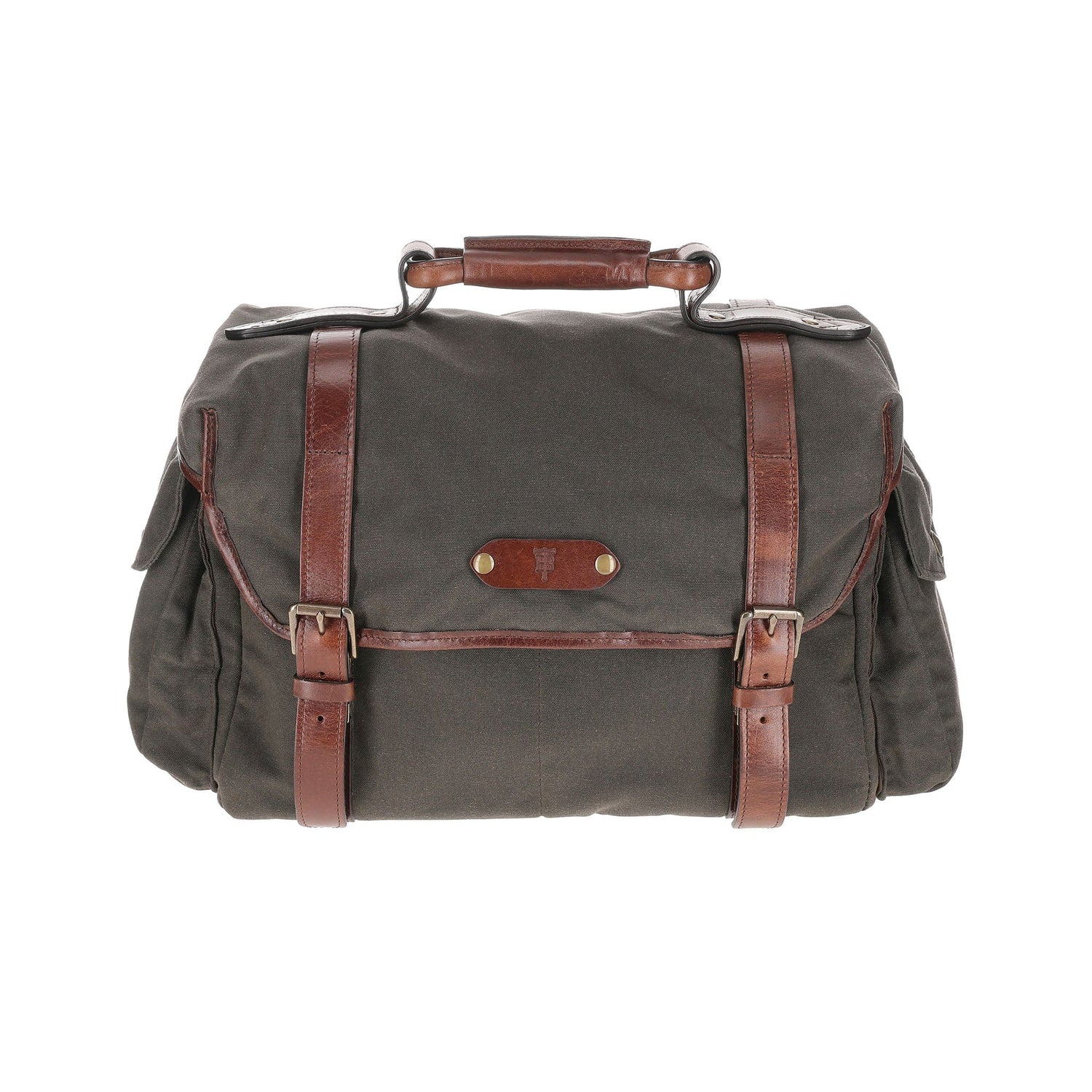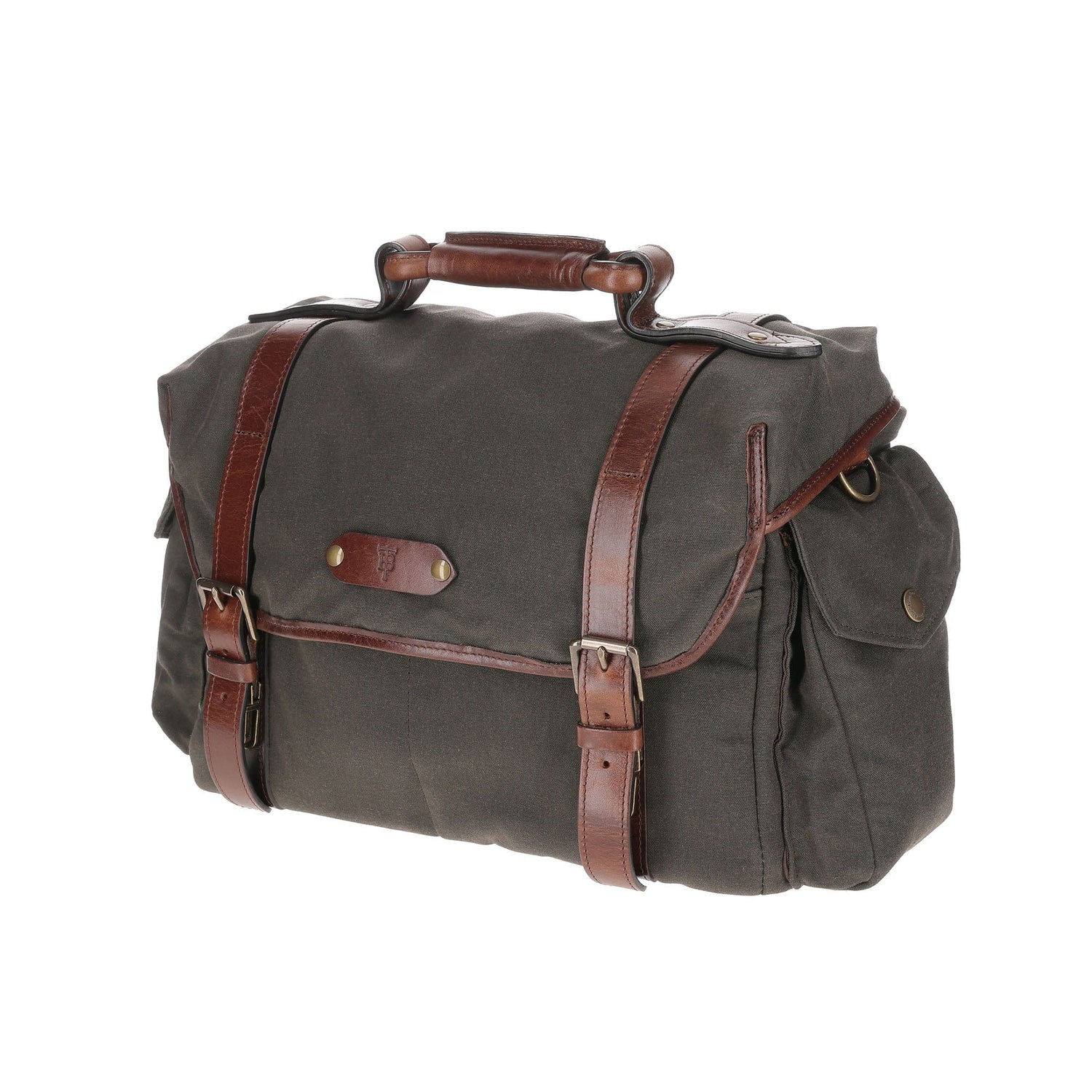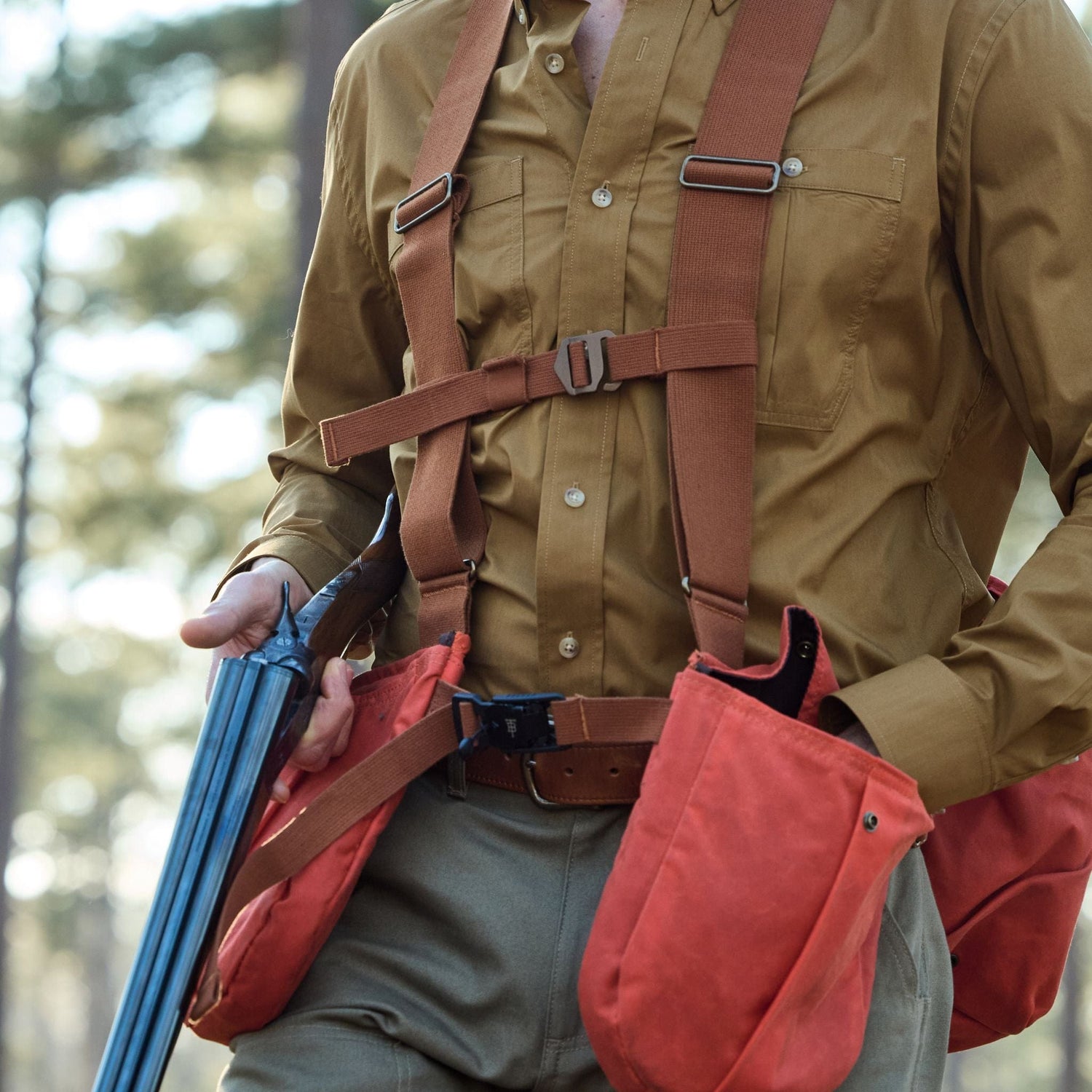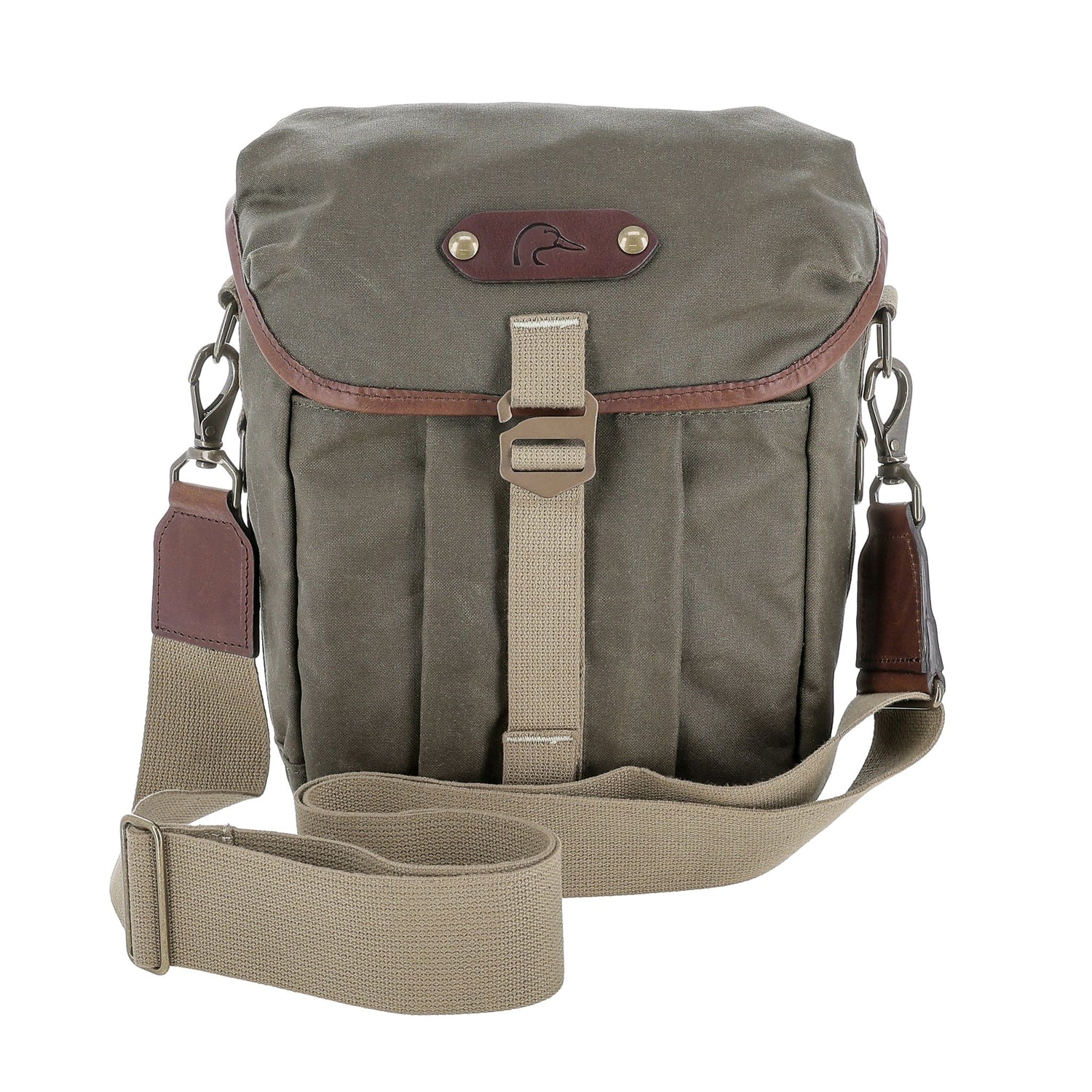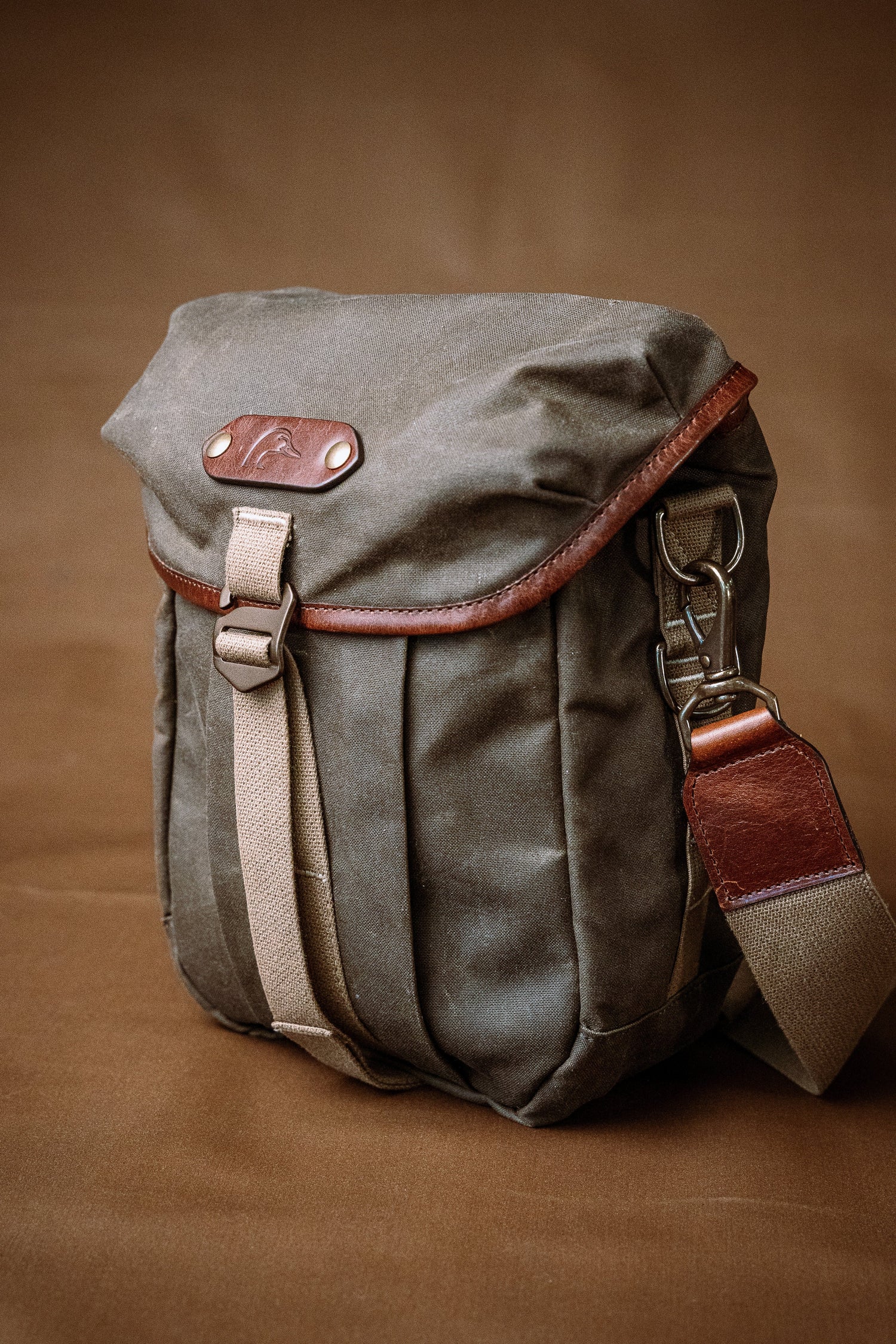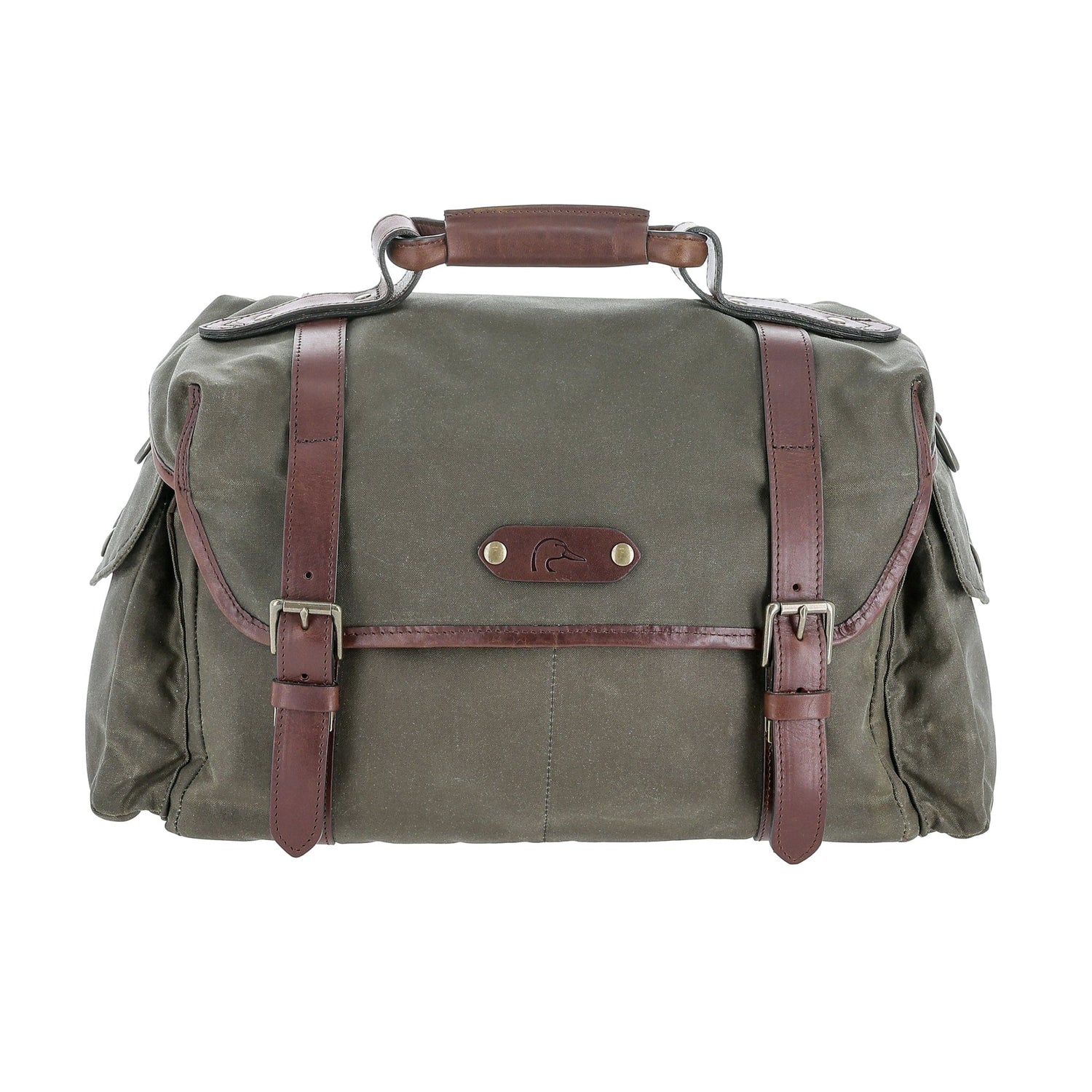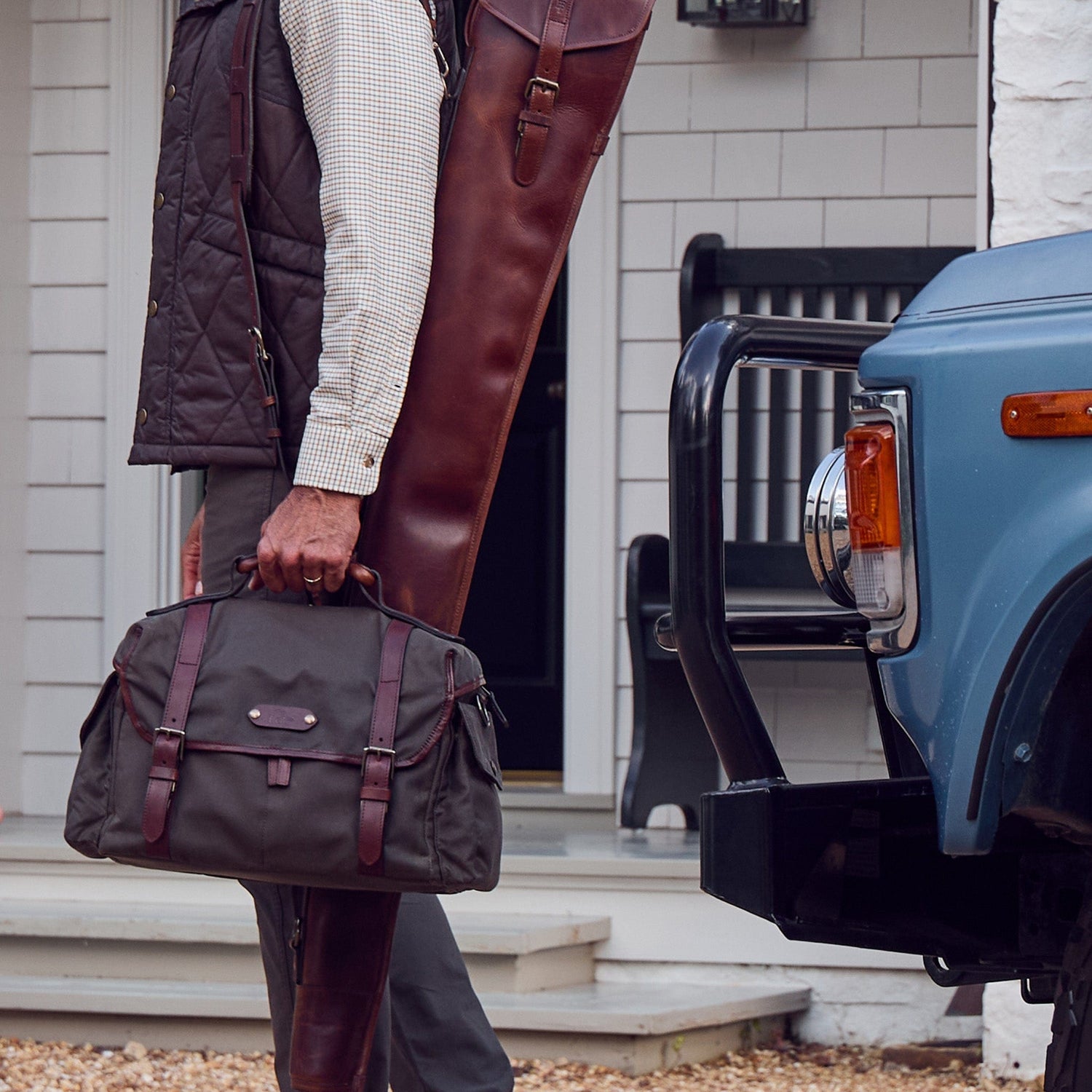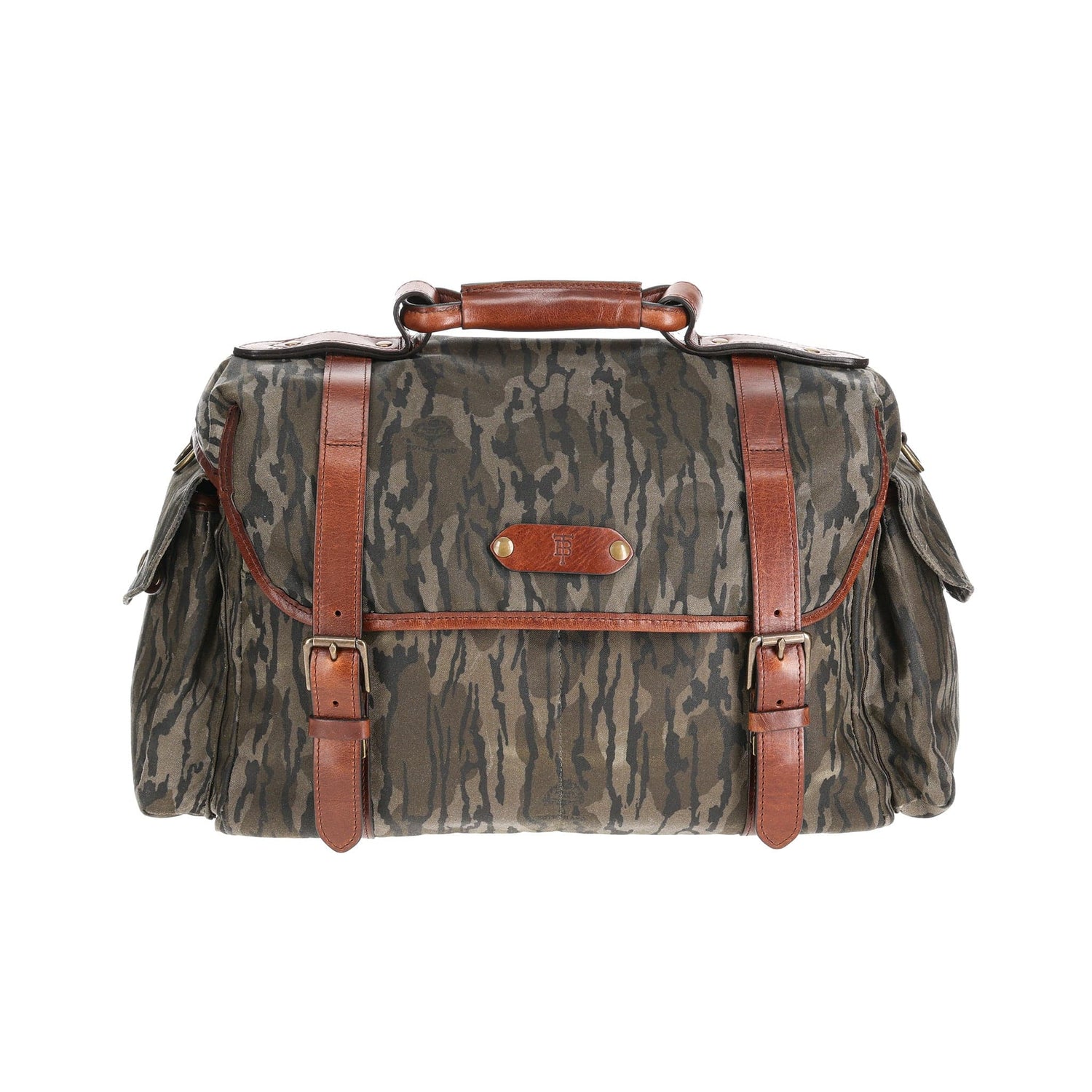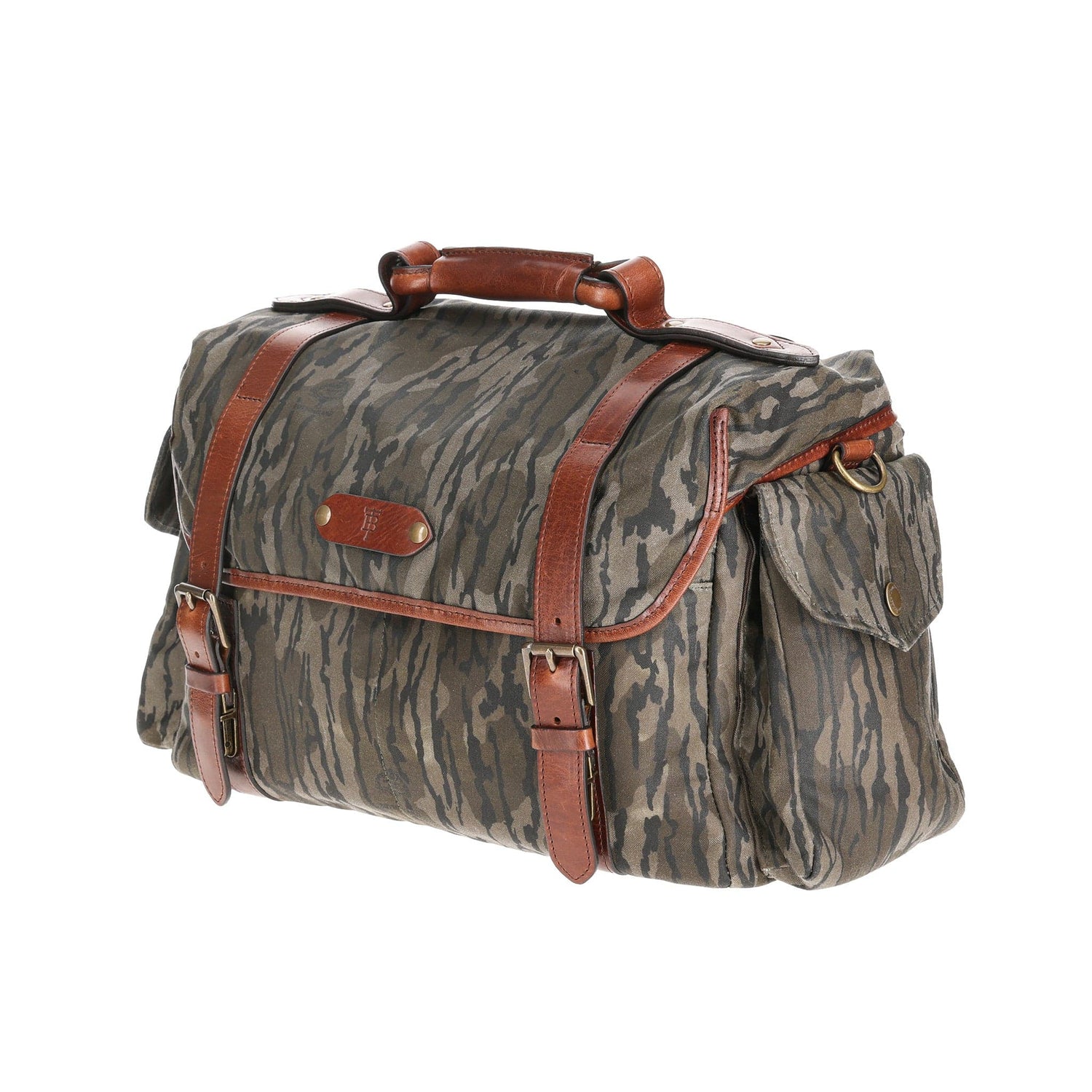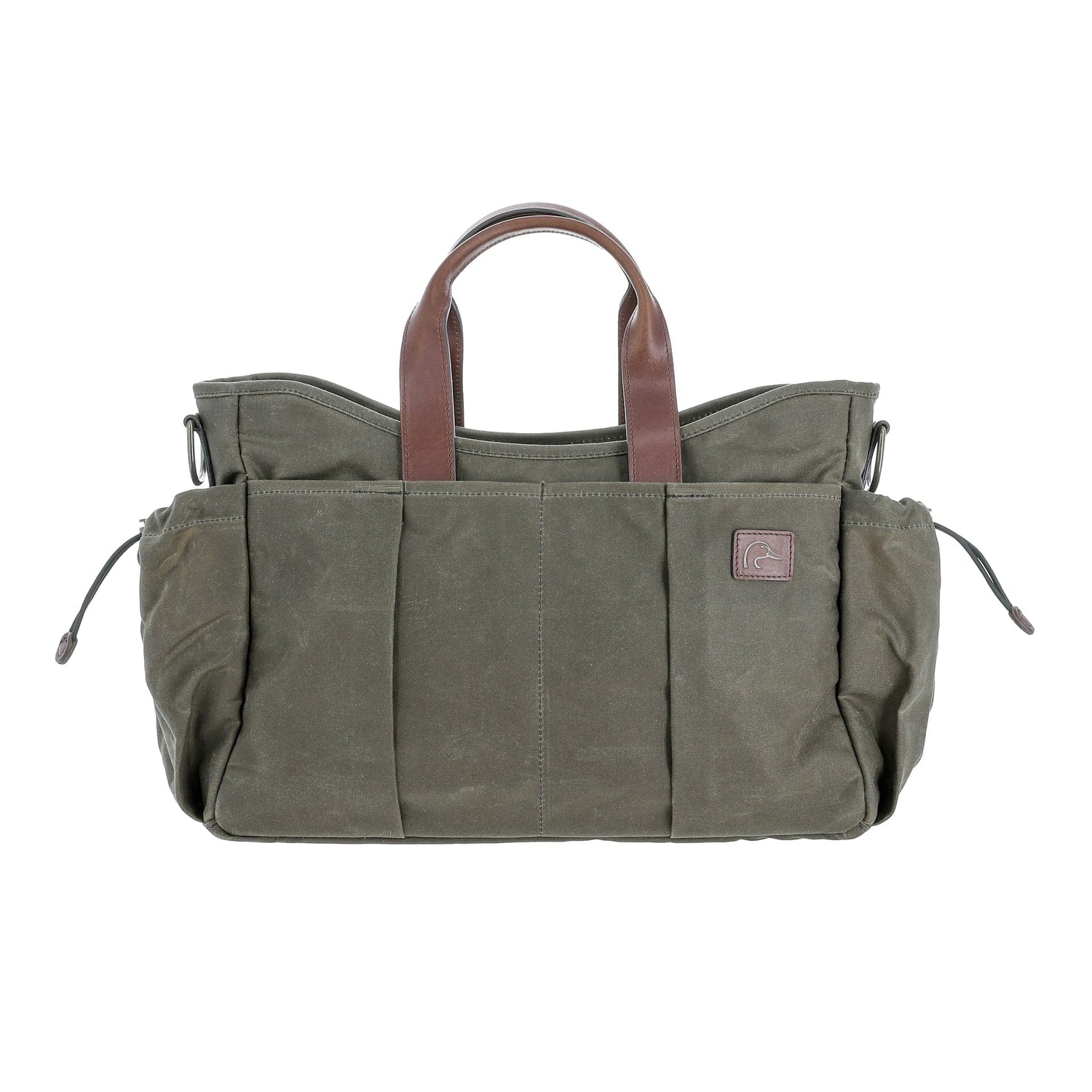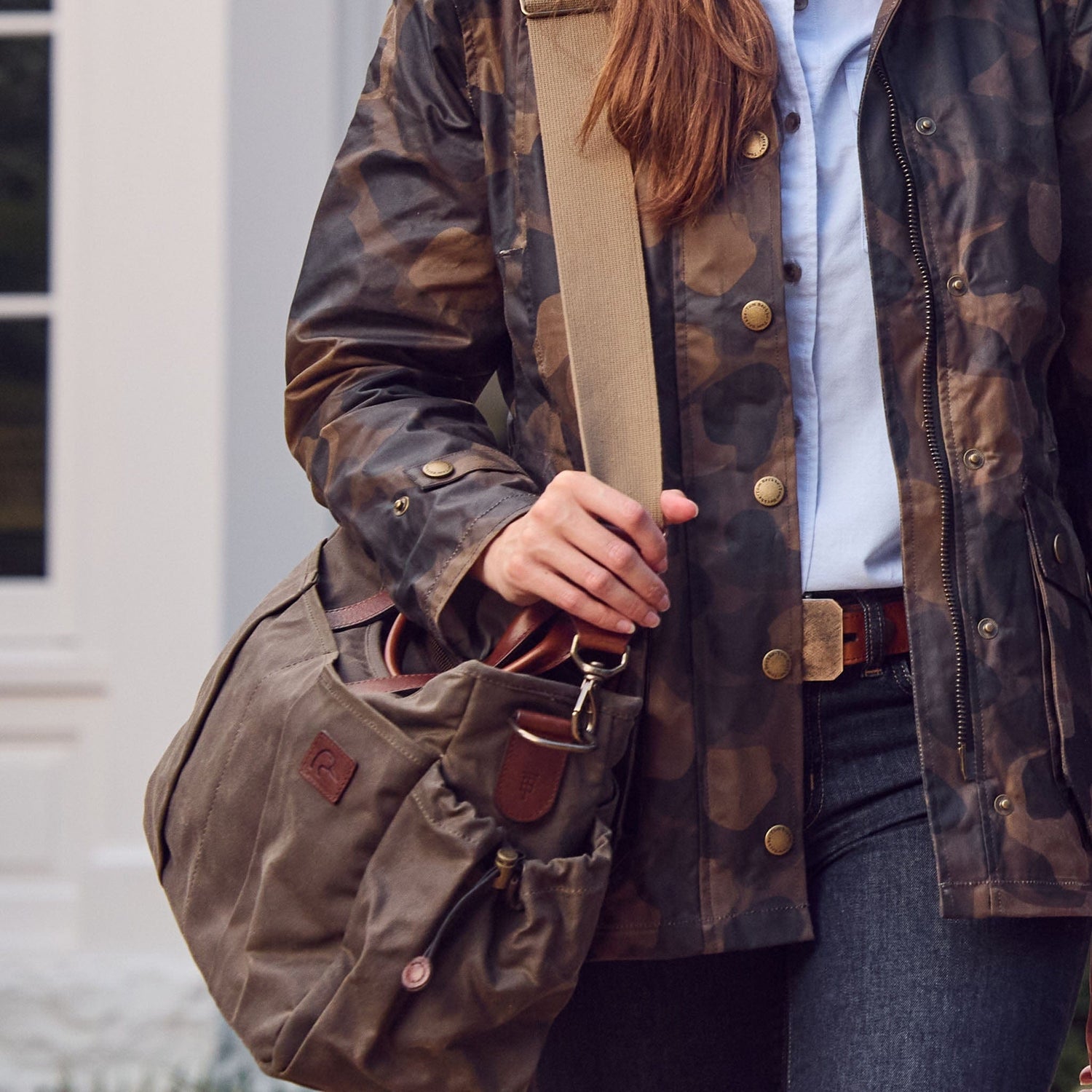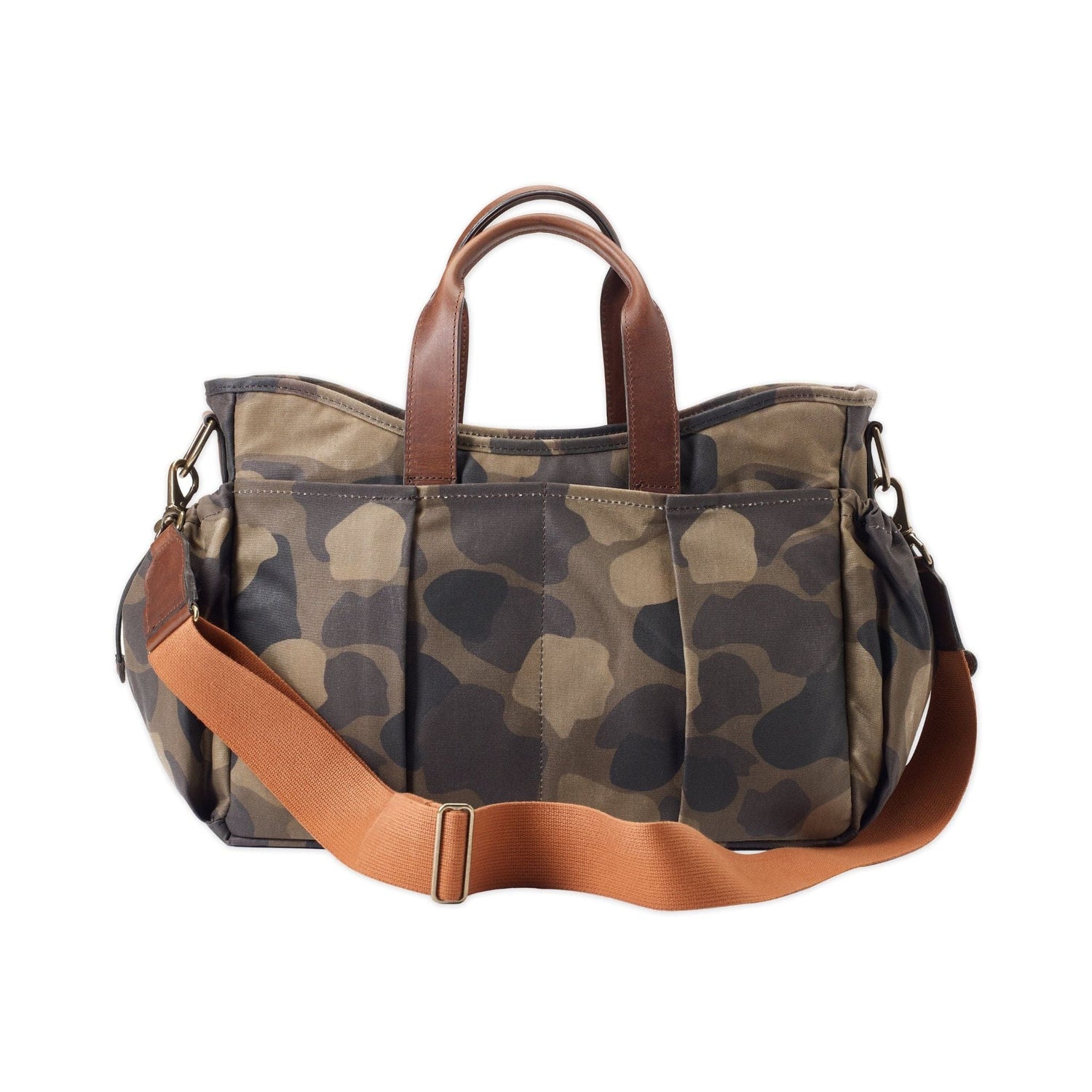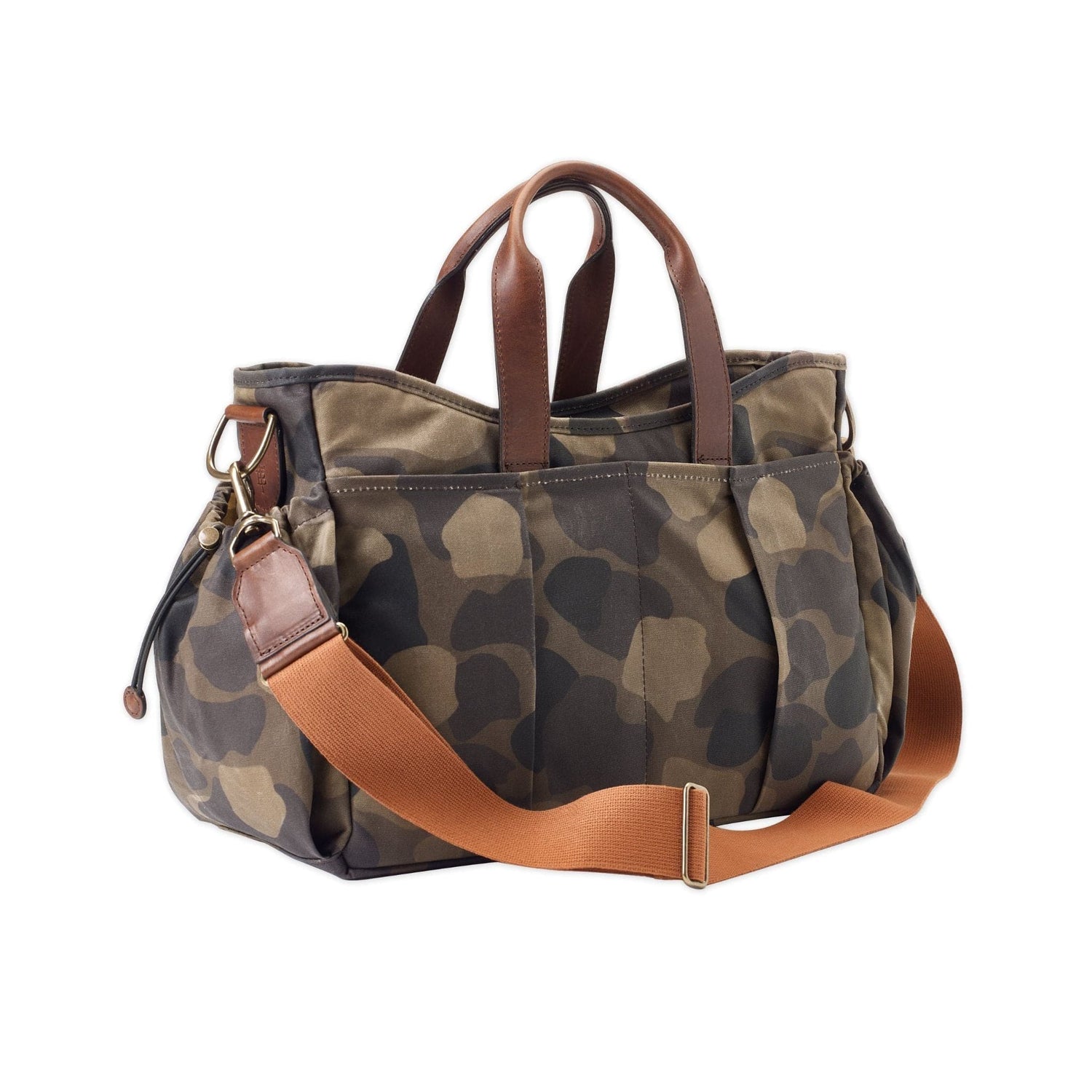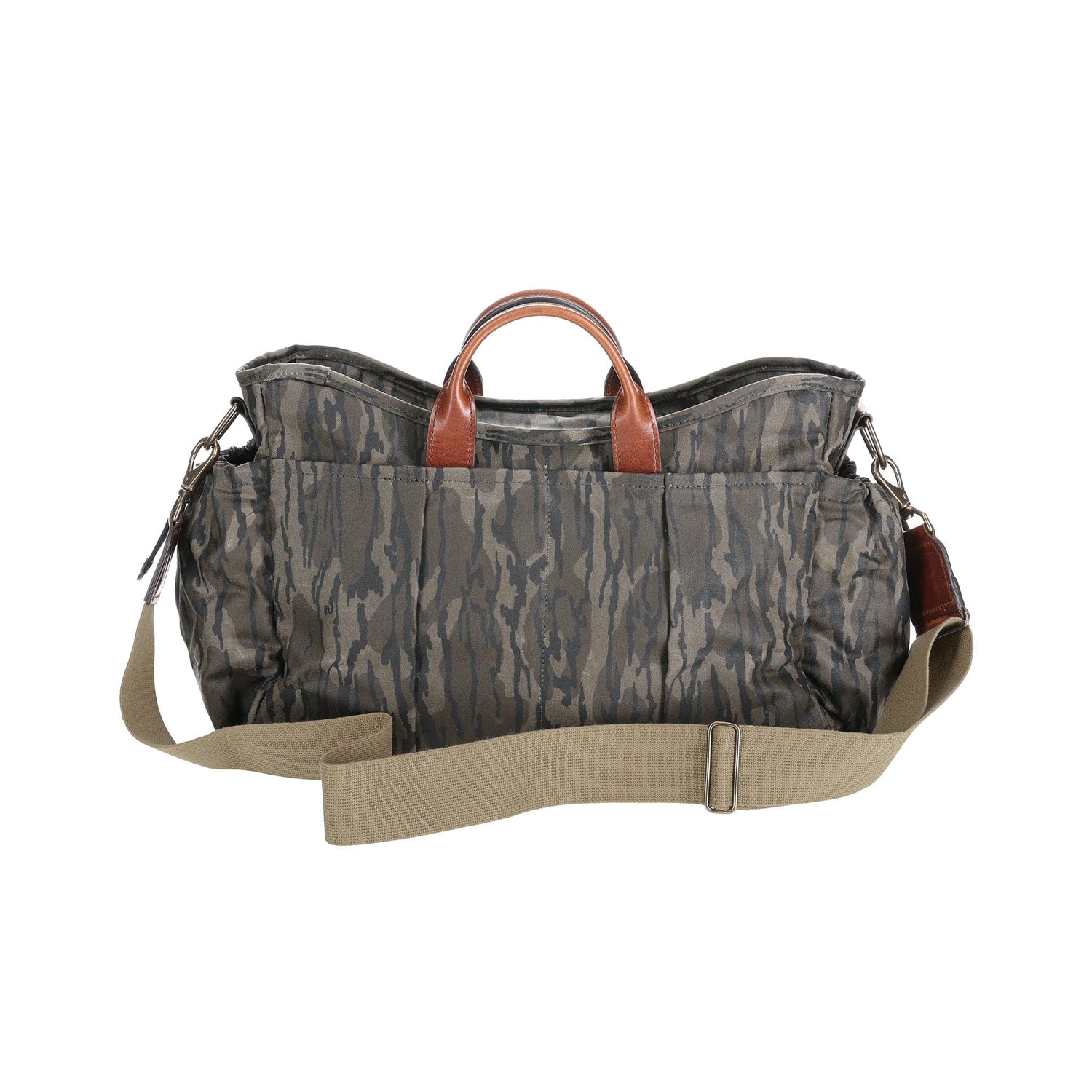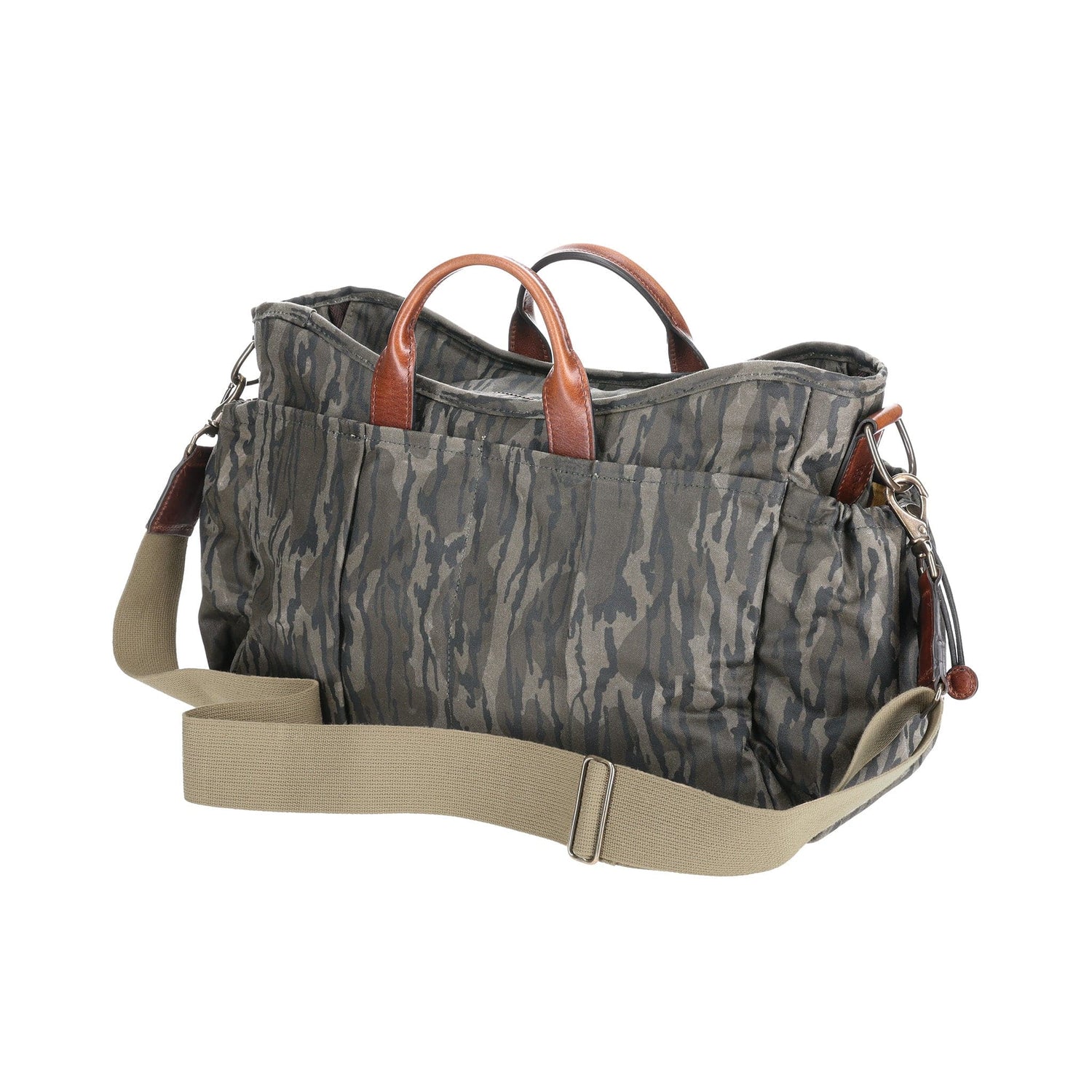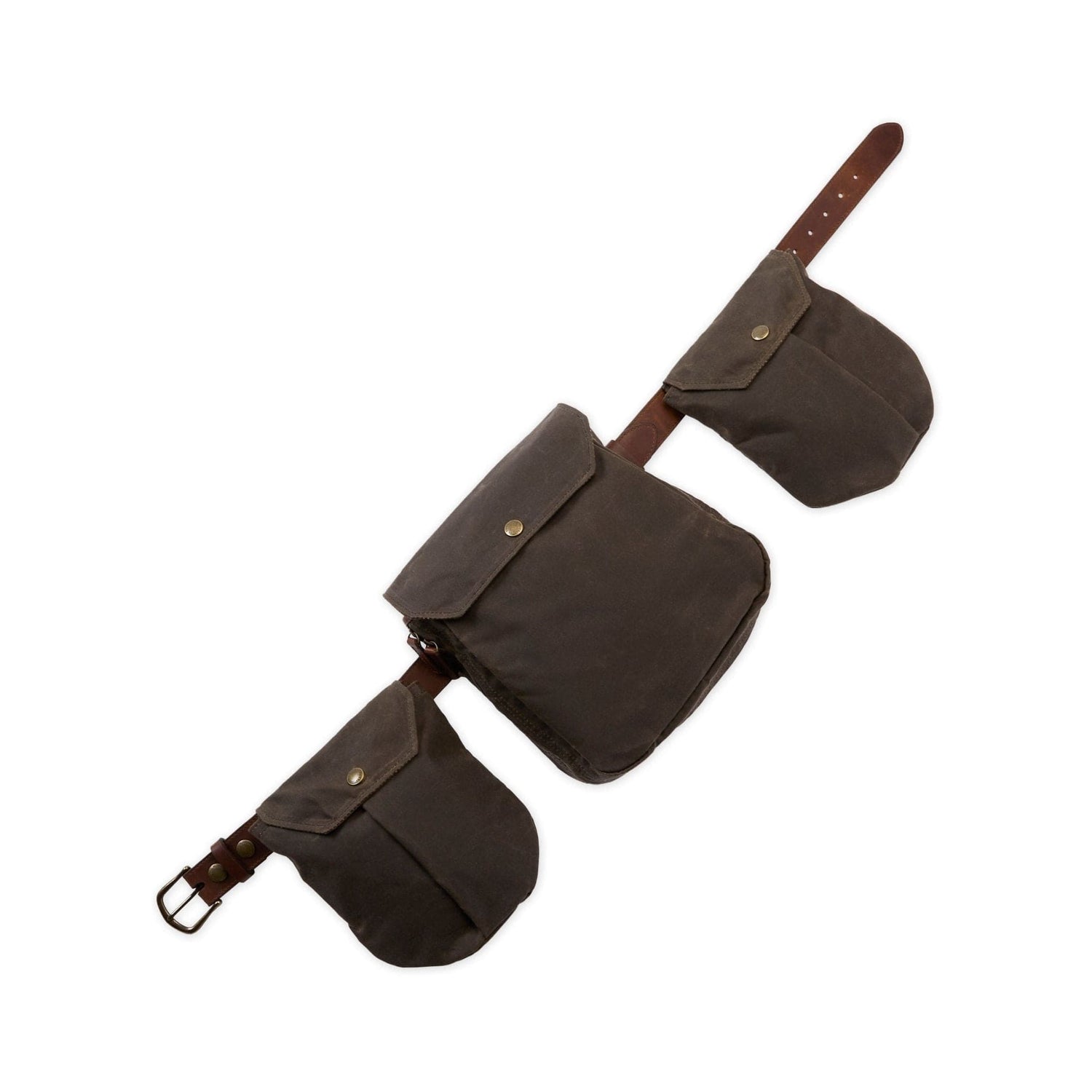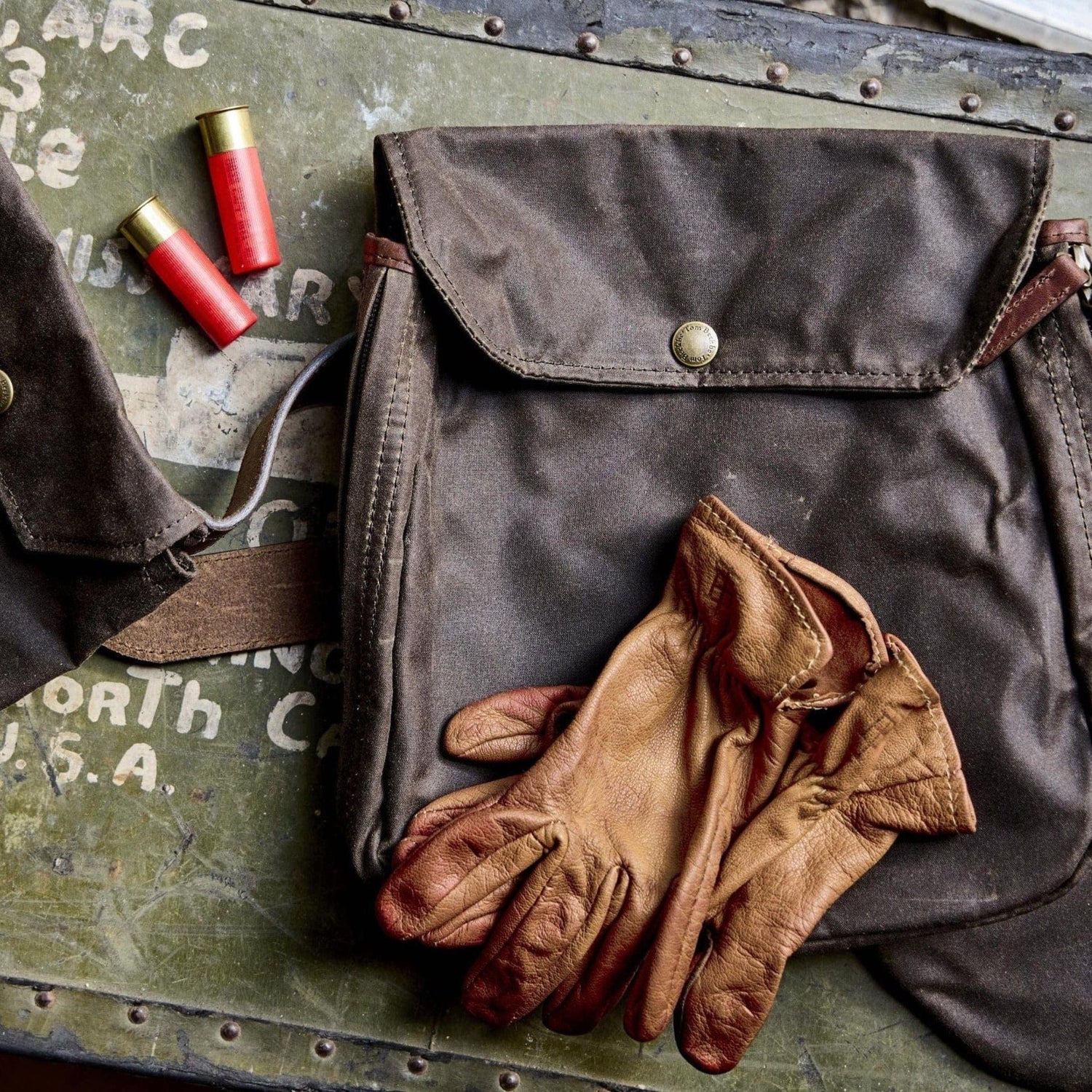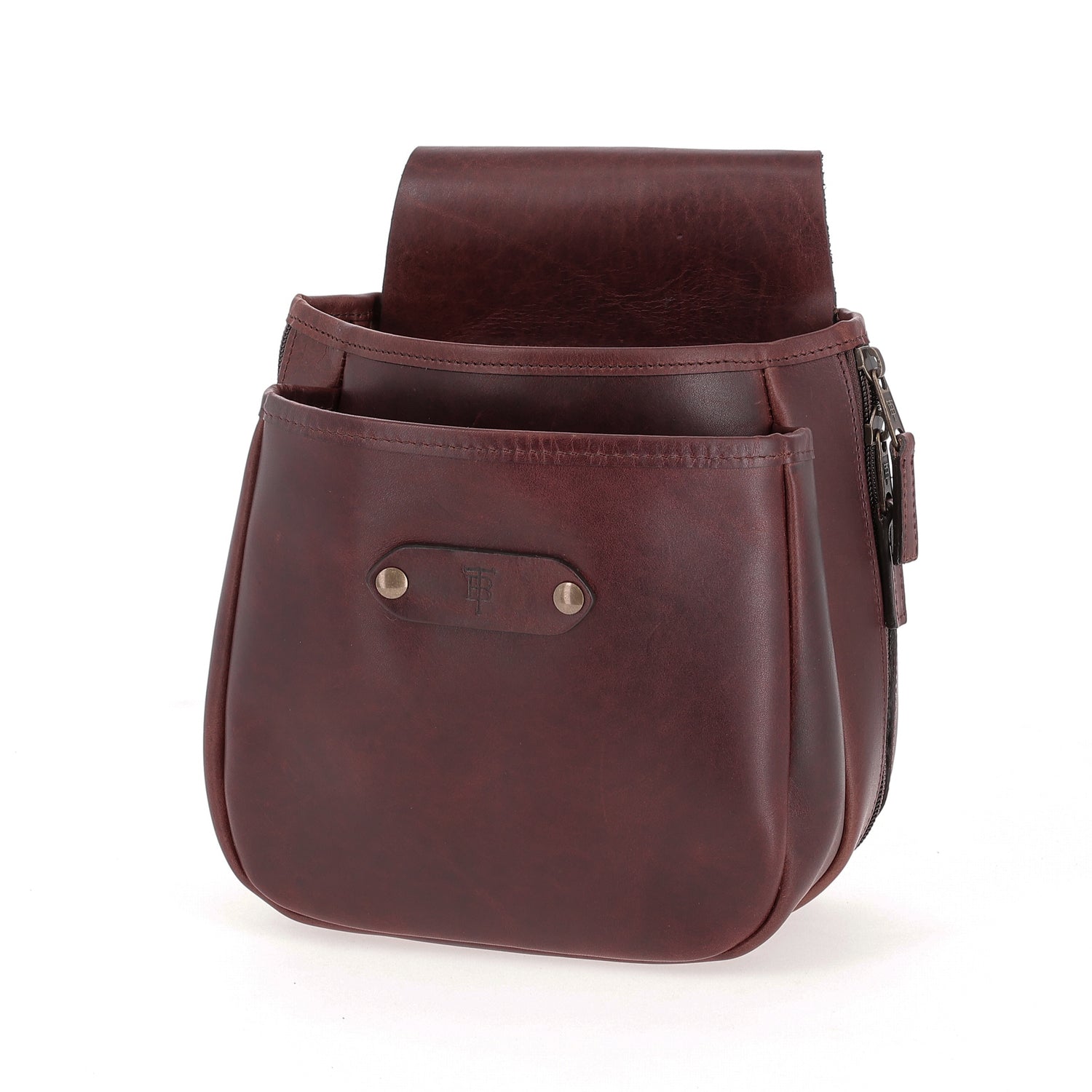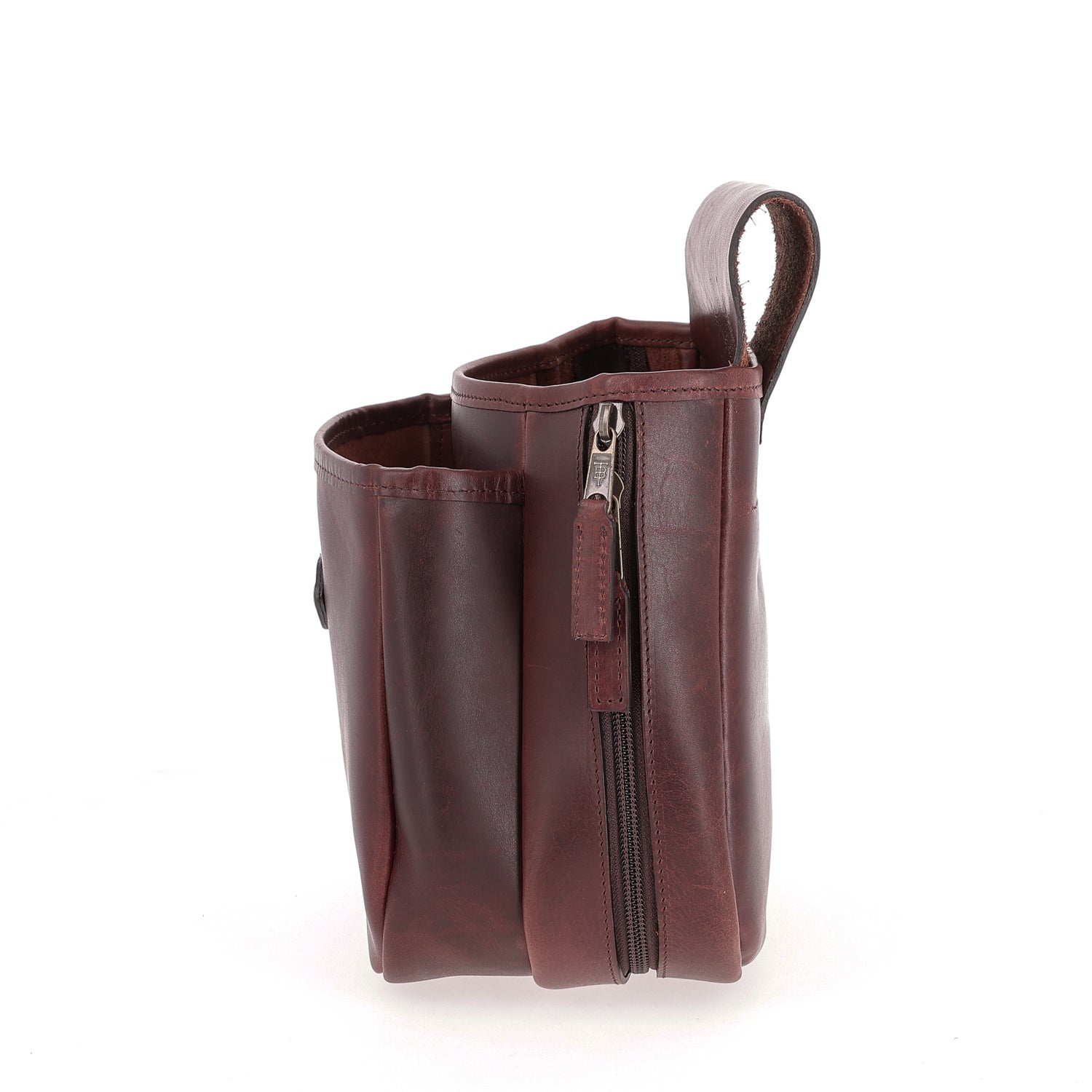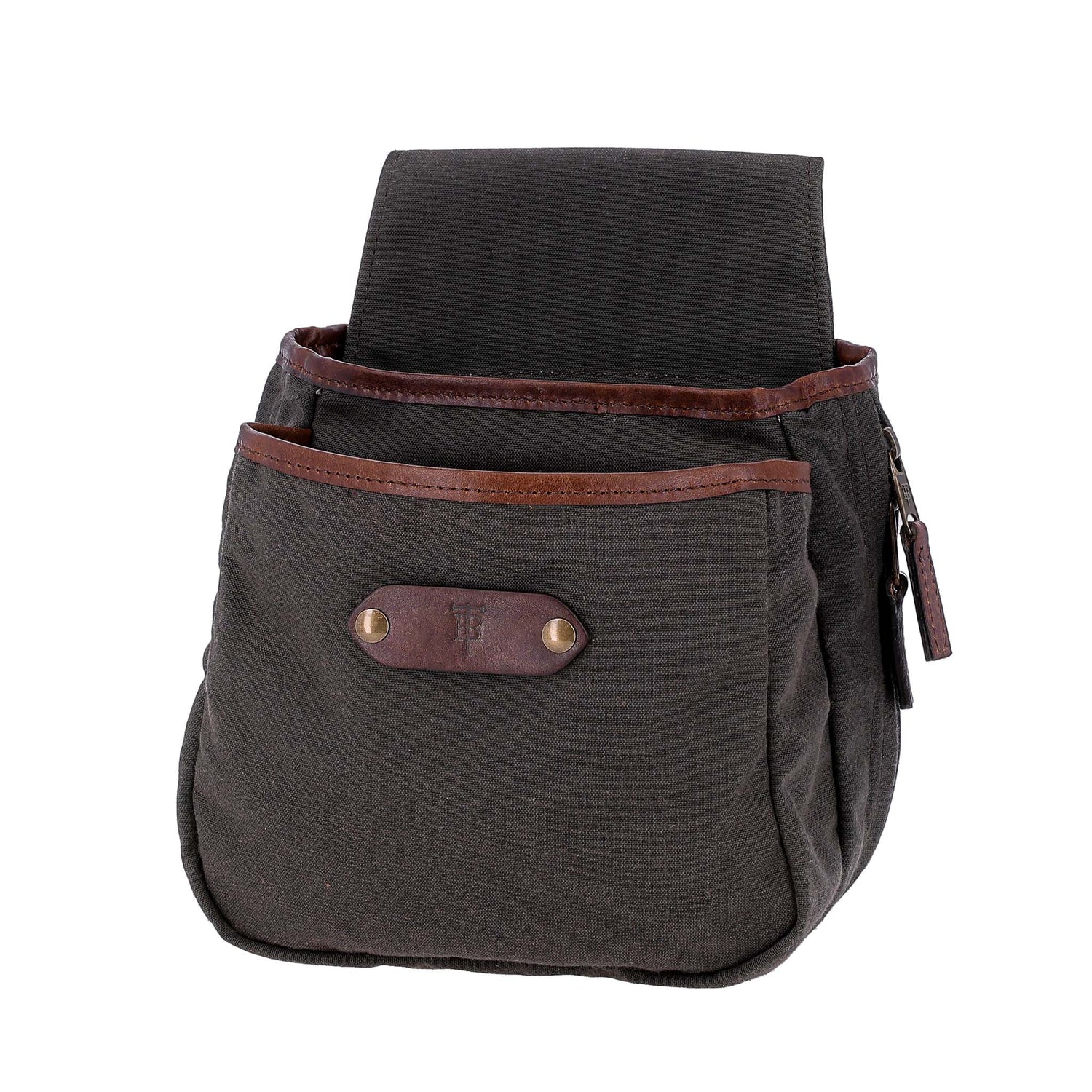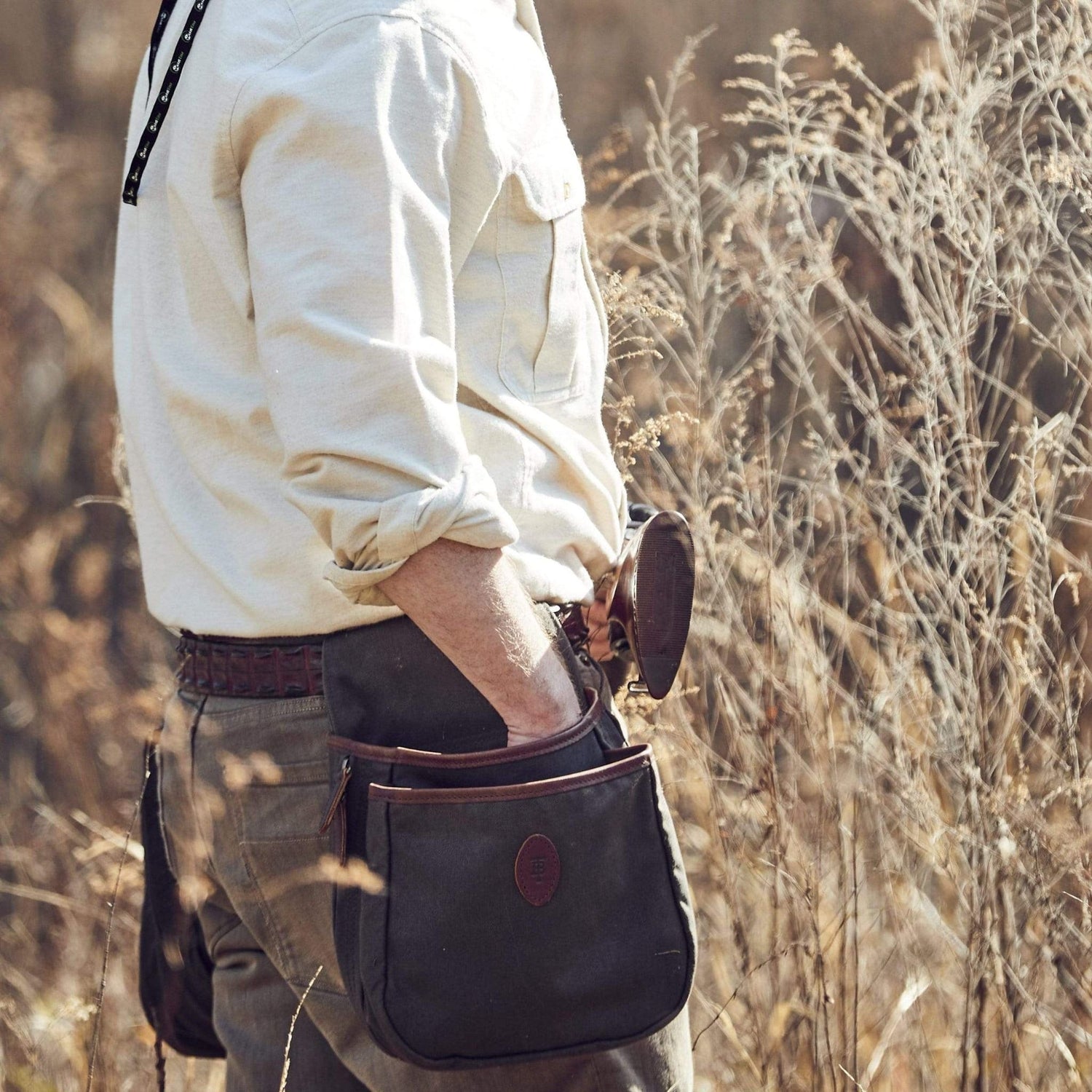This June may well have been God's finest to date. The air was as sweet and crisp as a ripe red apple. Every dew-dropped blade of grass reflected the electric sunrise. There was just enough breeze to carry the scent of honeysuckle from the back fence to my rocking chair on the back porch. As perfect as the morning was though, I couldn't help but think back to another one, a morning five months before, and a pheasant hunt that made me question my very sanity.
January's weather wasn't a surprise; howling winds and biting cold are pretty well par for the course in Oklahoma's panhandle. It was the dirt that made that morning memorable. And miserable. Wave upon wave of week-old snow and gravel grit crashed against the pickup's windshield like breakers on a beach. Four of us watched from the warmth of the cab, contemplating our courage, before stepping out and getting sandblasted enough that I actually started worrying about the bluing on my shotgun. I jumped back into the truck without even racking in a shell.
Because there were only four of us, we didn't have enough manpower to walk and block for birds. Not that we would have wanted to, mind you. Instead, we had to resort to staggering through tumbleweed choked ditches and around abandoned home places like drunks at closing time. It was akin to hunting in a post-apocalyptic landscape. On the surface of the moon. During a solar eclipse. In those conditions, it didn't take us long at all to rethink the expectations for our hunt. We went from hunting bag limits to hoping for a single bird in the space of about fifteen minutes.
The trip already felt like a fool's errand, and that was before the emergency alert came. Four cell phones blared it out simultaneously. We all laughed at the dust storm warning. After all, we'd been traipsing around in that weather all morning. A line in the text message about infants and the elderly and those with respiratory issues taking precaution was mildly disconcerting though, and I started rummaging through my backpack in search of an asthma inhaler.
The drive to Wild Horse Lake, our pheasant honey hole, the spot that had never failed to produce, was oddly quiet. The Wild Horse is a dry lakebed on a private property we had permission to hunt and the site of 1888's Hay Meadow Massacre in which a land feud in Kansas spilled over into Oklahoma, and outlaws ambushed and executed four members of a sheriff's posse chasing them. It has been the site of multiple pheasant massacres since.
Instead of holding water, Wild Horse Lake is full to the brim with wayward tumbleweeds and wind-weary birds. The walking is tough, but the hunting is great. I think we all had it in our heads that we'd jump some birds, bag a few, and then retreat to the shelter of solid walls and space heaters. But not a single pheasant flushed. They were in there, I'm sure, but they were holding tight, and I didn't blame them.
That left just one last spot to check. In a once more unto the breach moment, we decided to throw caution to the wind, literally, and walk a mile long field full of nothing but sage and scrub brush. I never dreamed we'd get up a bird, but we did. Two, in fact. My guess is that the pair had come to the conclusion that facing a firing squad was more appealing than spending one more minute in that miserable wind and cold, but we couldn't oblige them. Our shots didn't shift a feather.
We were thirty minutes into the empty-handed drive home, every one of us wind burned and frostbit, and I, having drawn the short straw, was behind the wheel. As the guys got comfortable and the cab got quiet, I found myself wondering why I feel such a draw to the wild places in the world. I wondered why I don't think twice about driving hundreds of miles and spending hundreds of dollars on a hunt when there's a perfectly good grocery store just around the corner. I wondered why I'm willing to risk life and limb and lung for a single shot at a flushing pheasant. And I wondered whether or not I'd be able to talk my wife into letting me do it again next weekend.
About the Author
Kyle Wright pastors a church and counsels addicts and alcoholics at an inpatient rehabilitation treatment center. It’s heavy work. The time he spends in deer stands and turkey blinds lightens that load. Writing does too.
